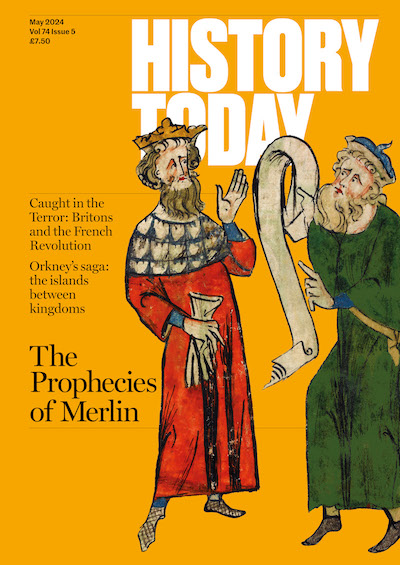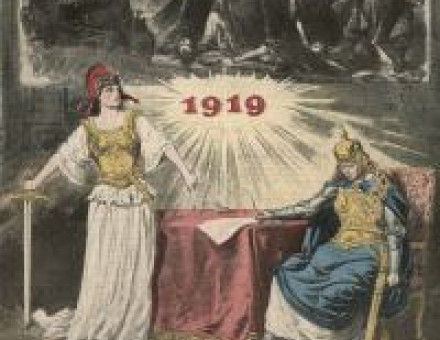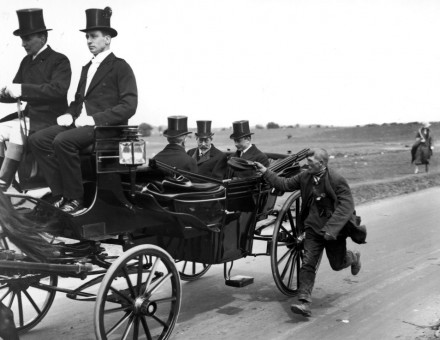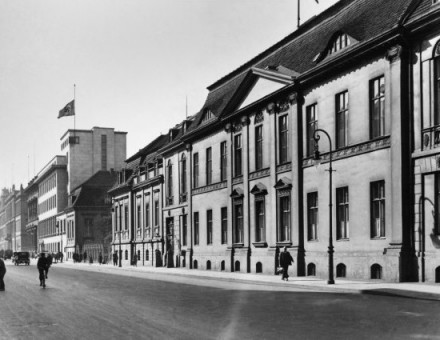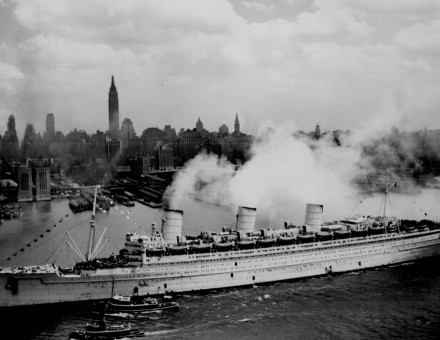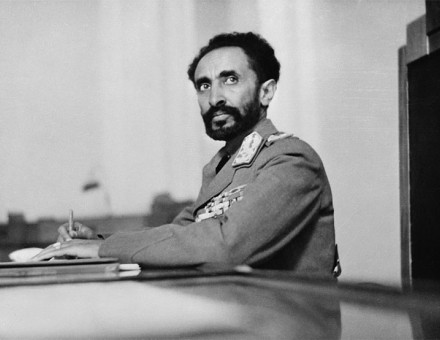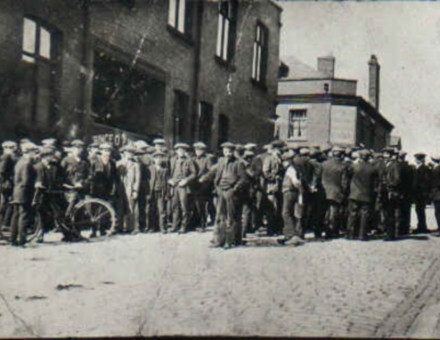Treaty of Versailles: Was Germany Guilty?
The Treaty of Versailles, negotiated by the fractious Allies in the wake of the First World War, did not crush Germany, nor did it bring her back into the family of nations. Antony Lentin examines a tortuous process that sowed the seeds of further conflict.

